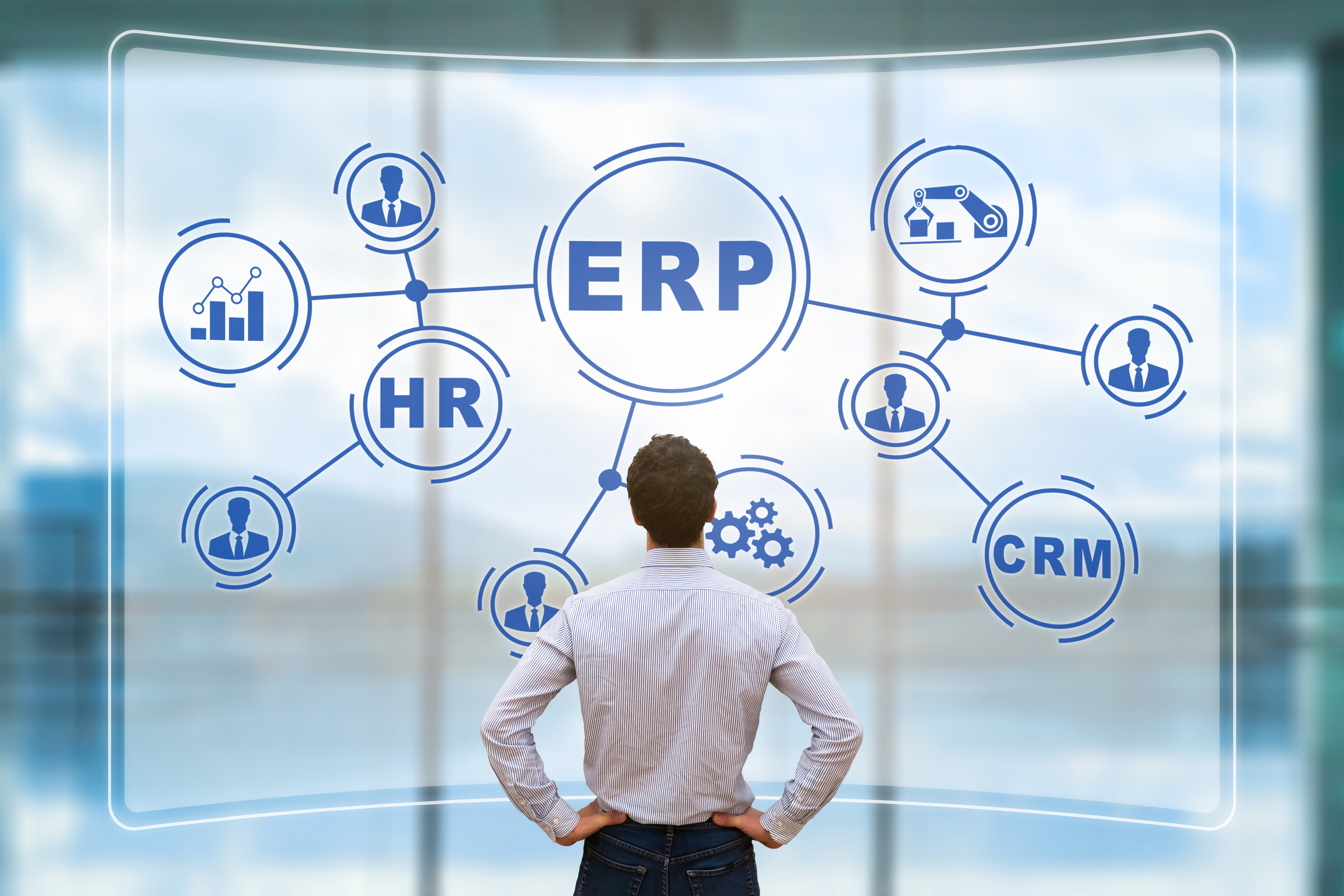
Typical situation of a small to medium-sized business (SMB).
When your company first began, you chose accounting software like QuickBooks, Simply Accounting/Sage50, Accpac and others and were very happy with it.
- It served your needs for years and as your business grew, your accountant kept everything organized, giving you all the reports you needed.
- But then your business grew to a point you were starting to make mistakes. For example:
- invoices were priced incorrectly
- work orders were on Excel spread sheets which causes its own problems, especially in change orders
- you ordered items for a Job, but then those items were re-purposed for other jobs, so you had to reorder, which caused delays and that caused a whole other set of issues.
- receiving got confused on which items went for what job
- inventory started to become difficult because your memory on what went where can only go so far
- The list goes on and on, but you get the point.
“Yes but an ERP is expensive and too much for us to handle.”
Quite the contrary. Given the increased productivity and efficiency an ERP offers and the growing popularity of integrated cloud-based ERP solutions, the resources, budget and infrastructure traditionally required for an implementation has now become a thing of the past.
The barriers to ERP entry are lower than ever, and by 2020, SMBs will dominate the amount of money spent on ERP systems. The move is being accelerated by lower upfront costs and more specialized, industry-specific platforms.

To comprehend what an ERP does, it efficiently transacts from the customer order and processes that into an invoice and revenue. Of course there are many steps in between but think of the whole process as on long “string”. Every aspect of your business is intricately linked through the software. ERP takes a customer order and provides a software road map for automating the different steps along the path to fulfilling the order.
There are five major reasons why companies undertake ERP:
- Integrate financial information
- Integrate customer order information
- Standardize and speed up manufacturing processes
- Reduce inventory
- Standardize HR information
Are you one of those companies that want to achieve these benefits? For more information contact us today.

